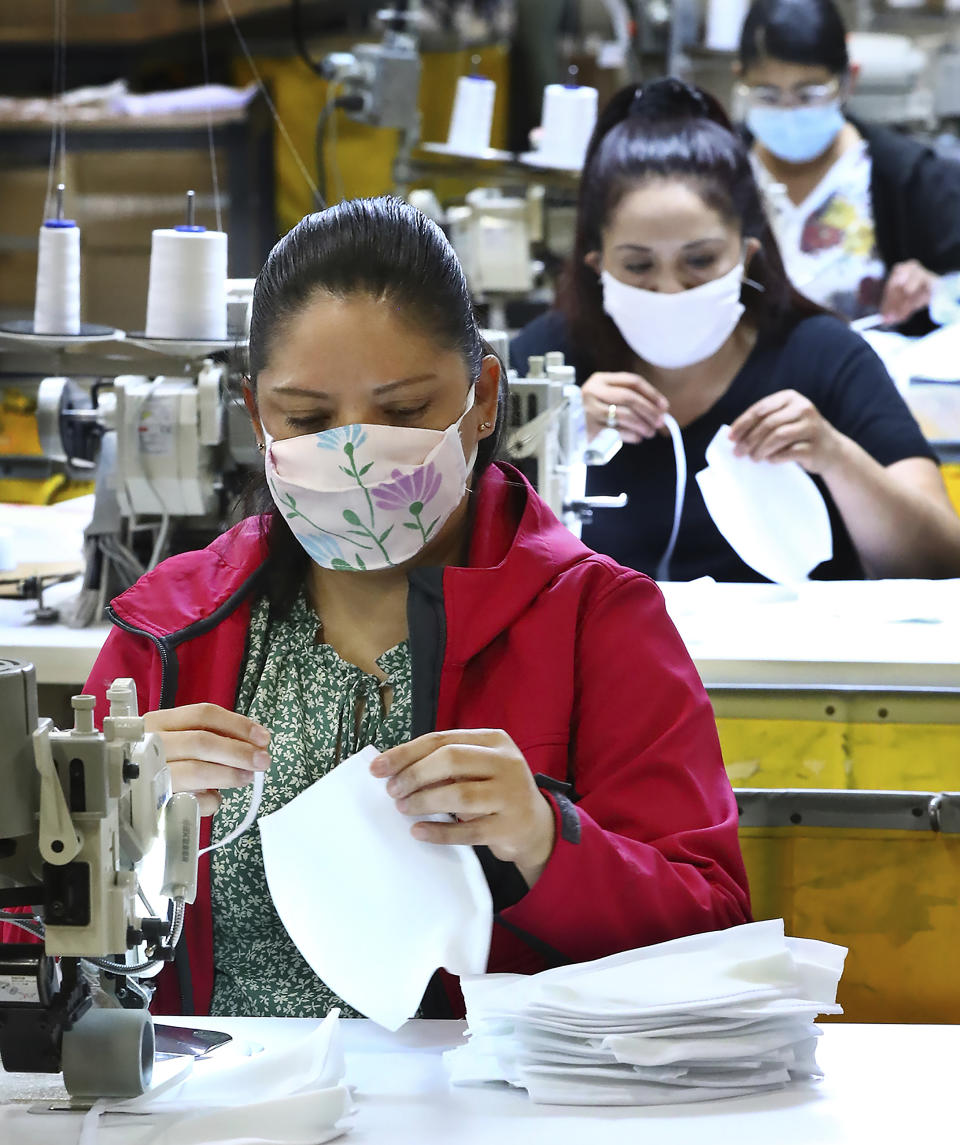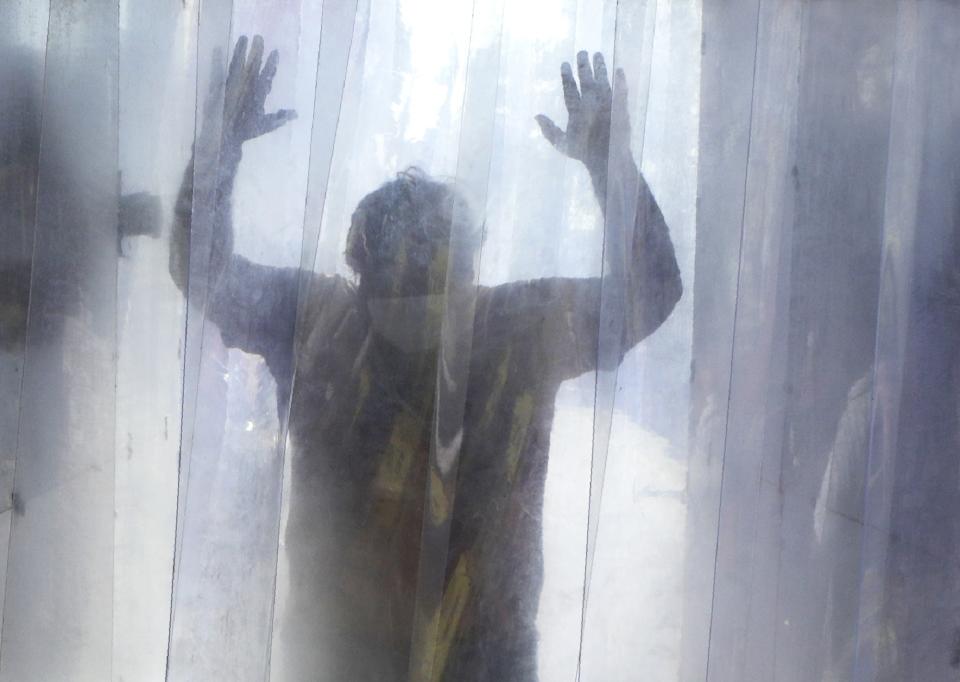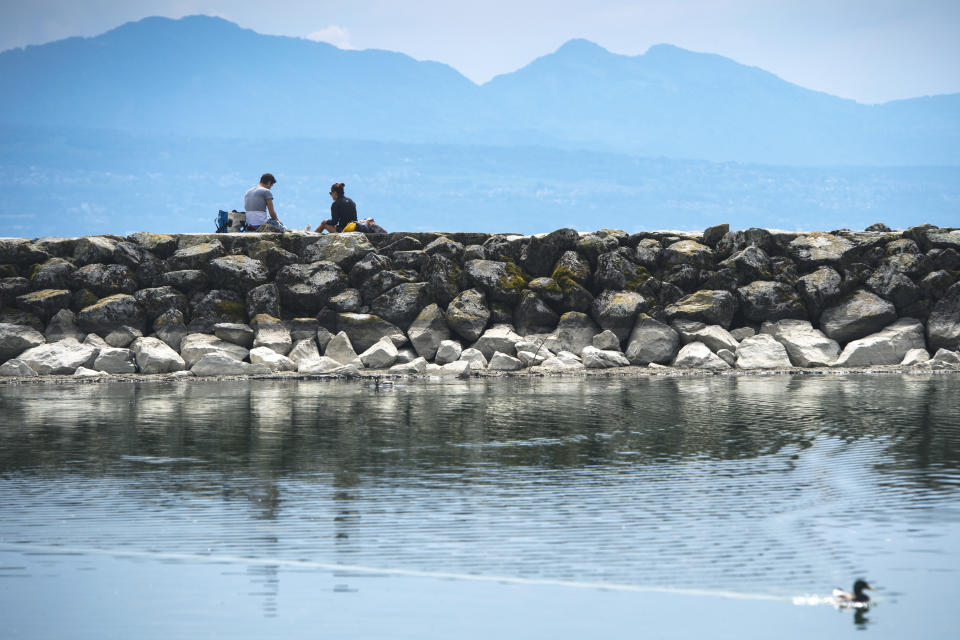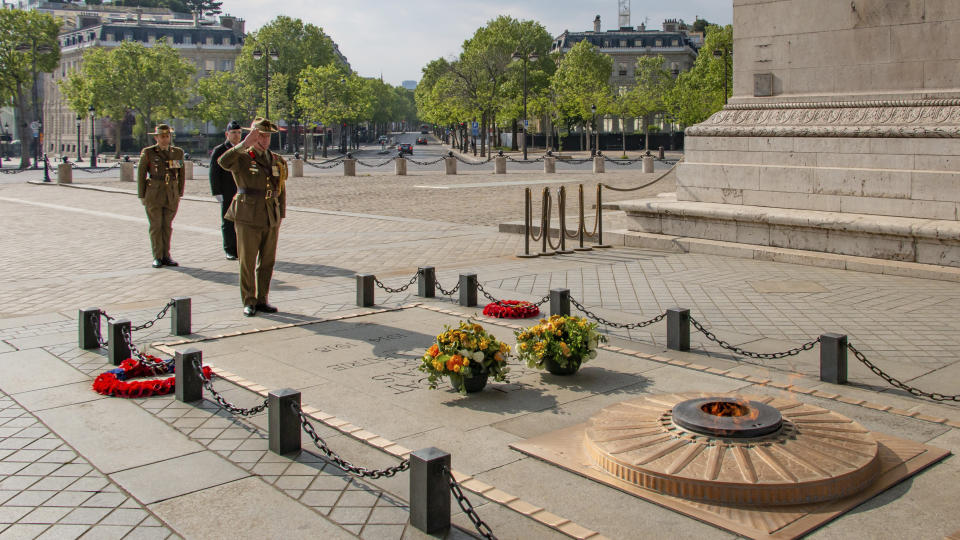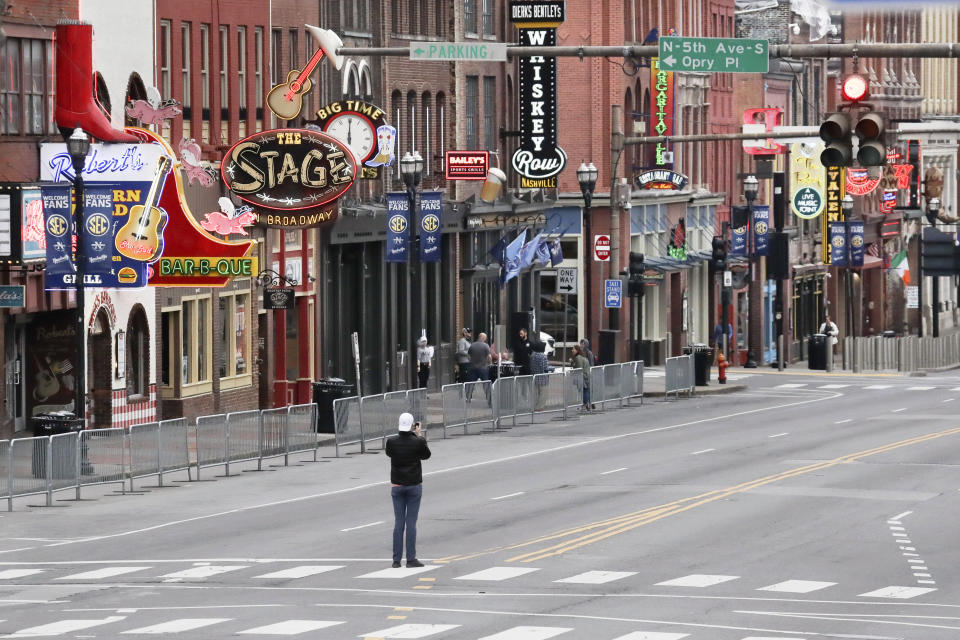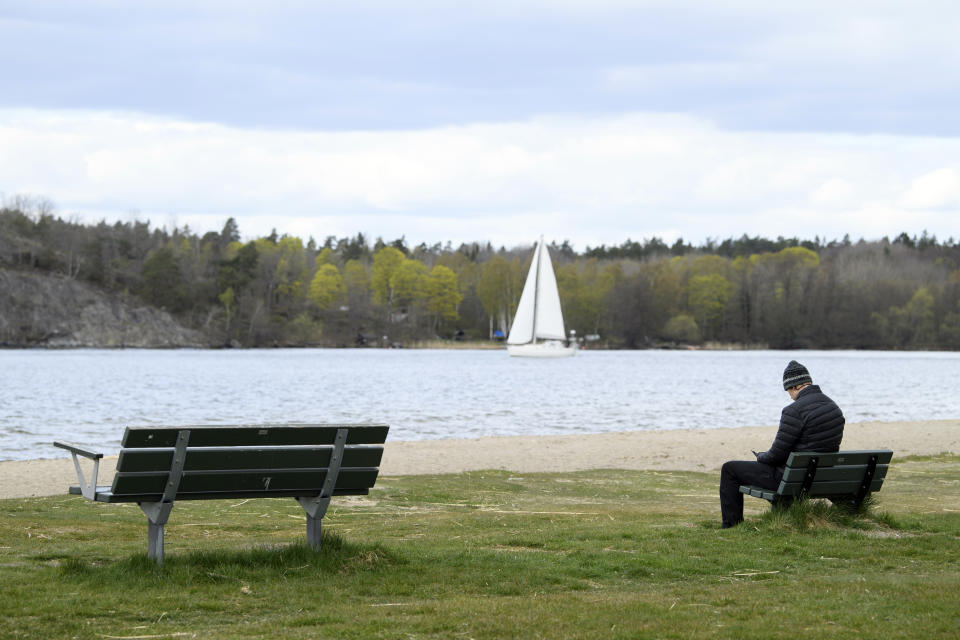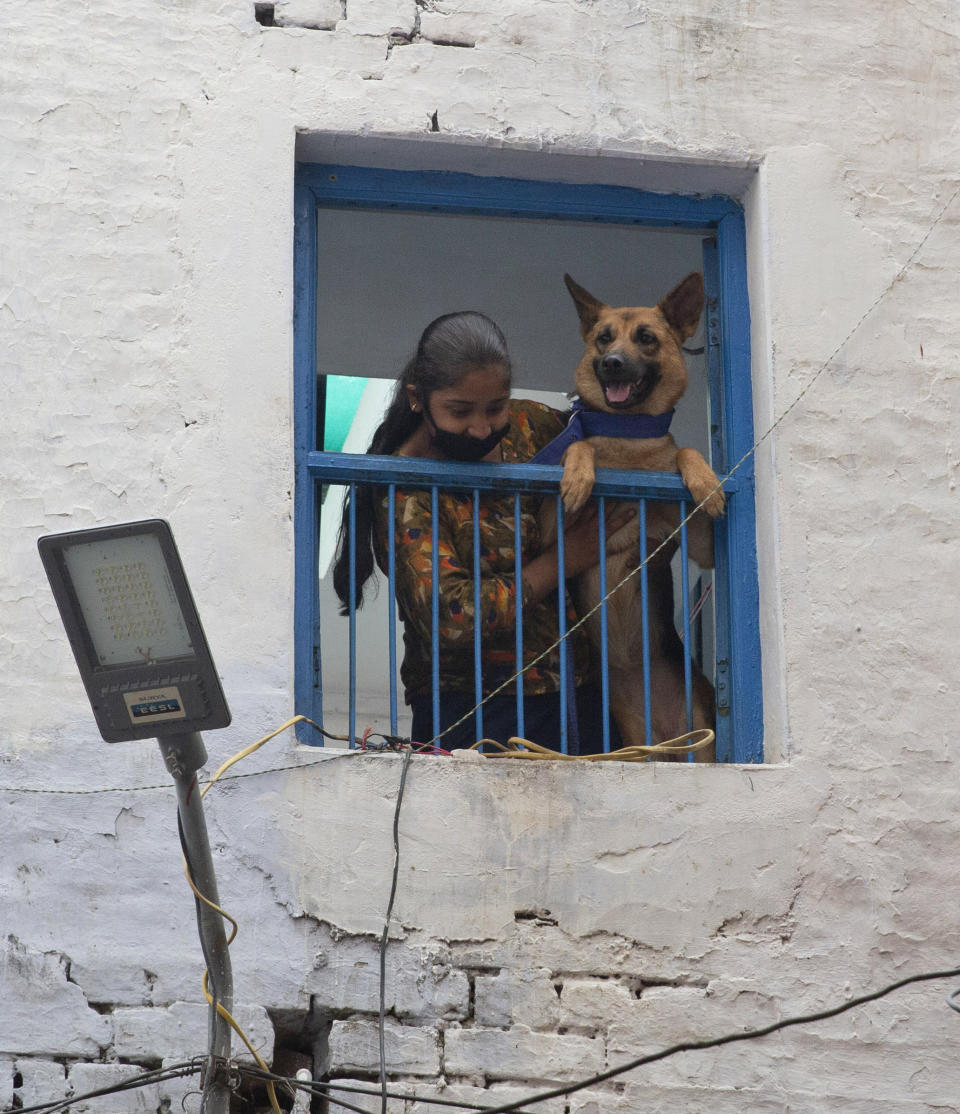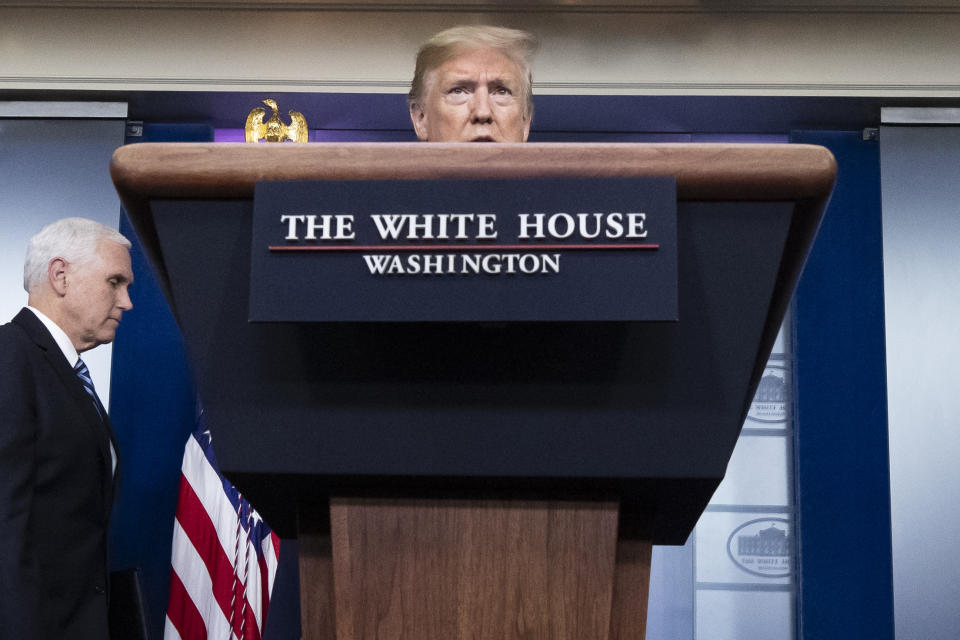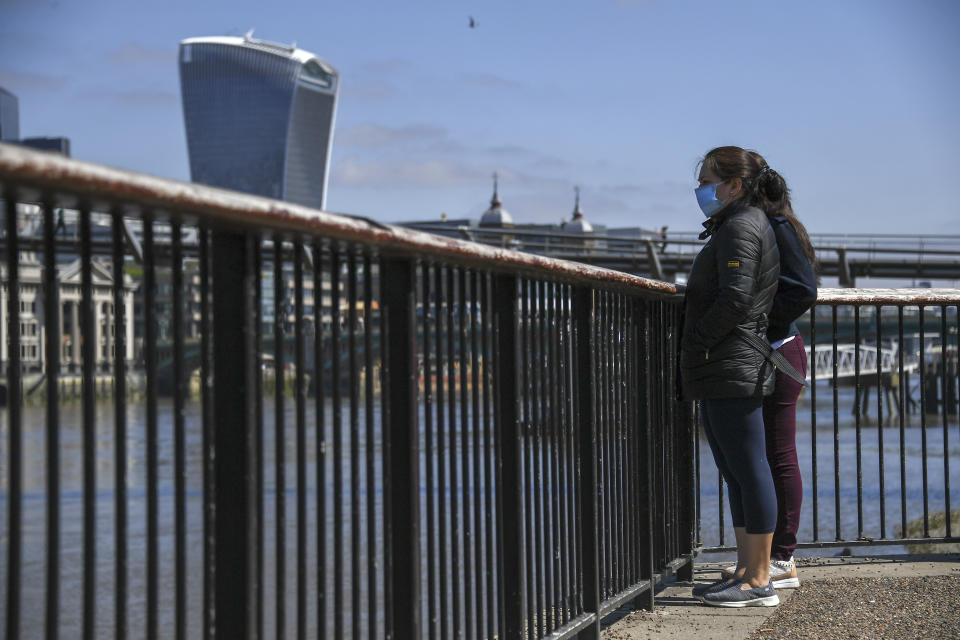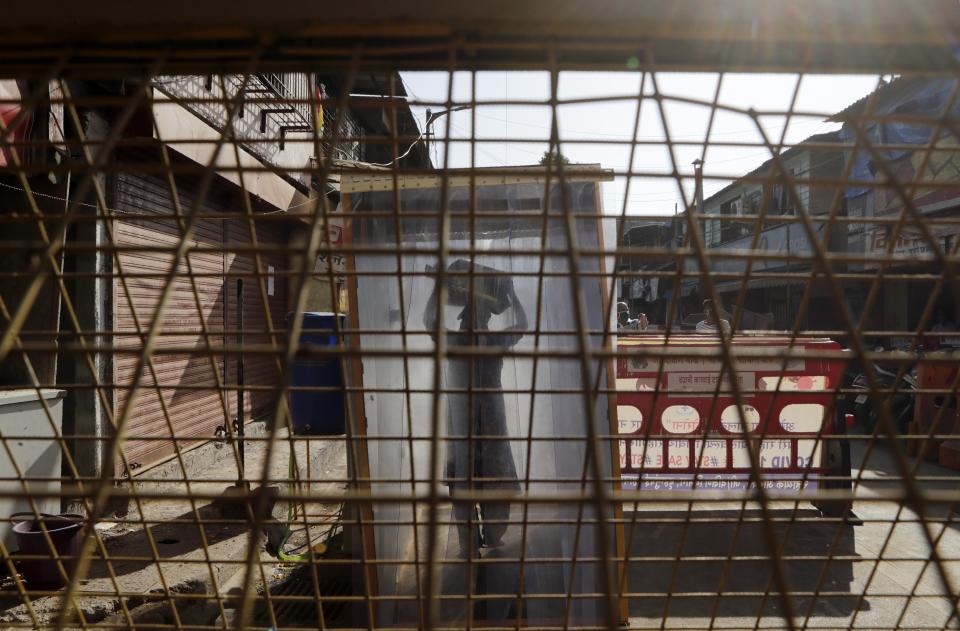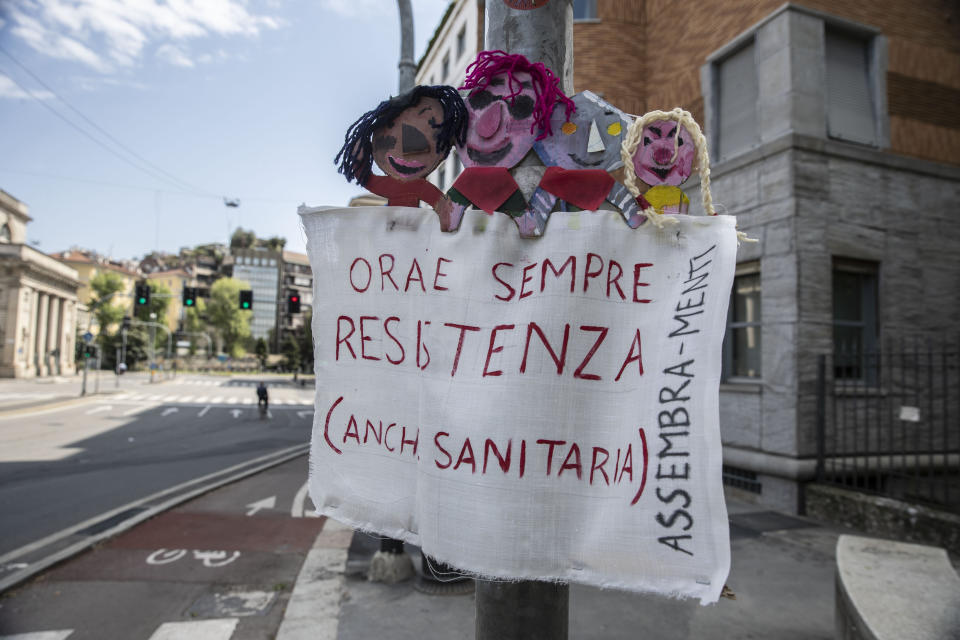What you need to know today about the virus outbreak
Some governments have begun easing their coronavirus restrictions, with India reopening neighborhood stores that serve many of its 1.3 billion people. In the U.S., Georgia, Oklahoma and Alaska have also begun loosening restrictions despite warnings from health officials that it may be too soon.
The role of the U.S. Congress is being visibly diminished despite approving record sums of virus aid. But changing the rules to allow lawmakers to cast votes or hold hearings from home would be unprecedented in House and Senate history — the Constitution requires lawmakers be “present” for most action.
The coronavirus lockdown is proving a particularly trying ordeal in France for children with disabilities and their families who are struggling to care for them at home now that special schools and support programs have been shut down.
The global death toll from COVID-19 stands at more than 200,000.
Here are some of AP’s top stories Saturday on the world’s coronavirus pandemic. Follow APNews.com/VirusOutbreak for updates through the day and APNews.com/UnderstandingtheOutbreak for stories explaining some of its complexities.
WHAT’S HAPPENING TODAY:
— Nearly two months after an embarrassing end to his presidential campaign, Mike Bloomberg is again deploying his massive personal fortune — this time to combat the coronavirus.
— Nashville has a vibrant music industry and is known as the home of country music. But many musicians have been unable to collect unemployment benefits during the pandemic.
— Anzac Day, which marks the landing of New Zealand and Australian soldiers on the Gallipoli Peninsula in 1915, is observed in a muted way.
— Criticism of Prime Minister Boris Johnson’s Conservative government mounts as the U.K. becomes the fifth country in the world to report 20,000 virus-related deaths.
— The Navy says the number of sailors aboard the USS Kidd confirmed to be infected with the virus has nearly doubled, rising from 18 to 33.
— A spring heat wave drove an uptick of people to California beaches, golf courses and trails.
___
AP FACT CHECK:
Sunlight may be a disinfectant for the spirit, but there’s no proof it will make the pandemic go away. Without declaring that it would, President Donald Trump is again giving traction to a theory that could prompt people to let down their guard around others outside.
___
WHAT YOU NEED TO KNOW:
For most people, the coronavirus causes mild or moderate symptoms, such as fever and cough that clear up in two to three weeks. For some, especially older adults and people with existing health problems, it can cause more severe illness, including pneumonia. The vast majority of people recover.
Here are the symptoms of the virus compared with the common flu.
One of the best ways to prevent spread of the virus is to wash one's hands with soap and water. The U.S. Centers for Disease Control and Prevention recommends first washing with warm or cold water and then lathering soap for 20 seconds to get it on the backs of hands, between fingers and under fingernails before rinsing off.
Phones should also be washed. Here’s how.
TRACKING THE VIRUS: Drill down and zoom in at the individual county level, and you can access numbers that will show you the situation where you are, and where loved ones or people you’re worried about live.
___
ONE NUMBER:
— TWO TRILLION: The dollar amount that Congress has committed to sustain the U.S. economy during the outbreak.
___
— OFT-MALIGNED ACCENT GETS RESPECT: The New York accent gets some respect during the coronavirus crisis.
— GAZA FACTORIES: For the first time in years, sewing factories in the Gaza Strip are back to working at full capacity, producing masks, gloves and protective gowns.
— SHOW STOOPER: Brooklyn accordionist entertains neighbors from the stoop of his apartment building.
___
Follow AP coverage of the virus outbreak at https://apnews.com/VirusOutbreak and https://apnews.com/UnderstandingtheOutbreak
